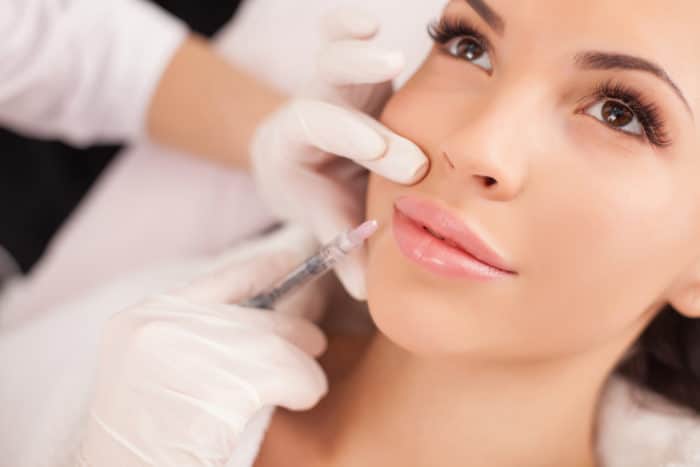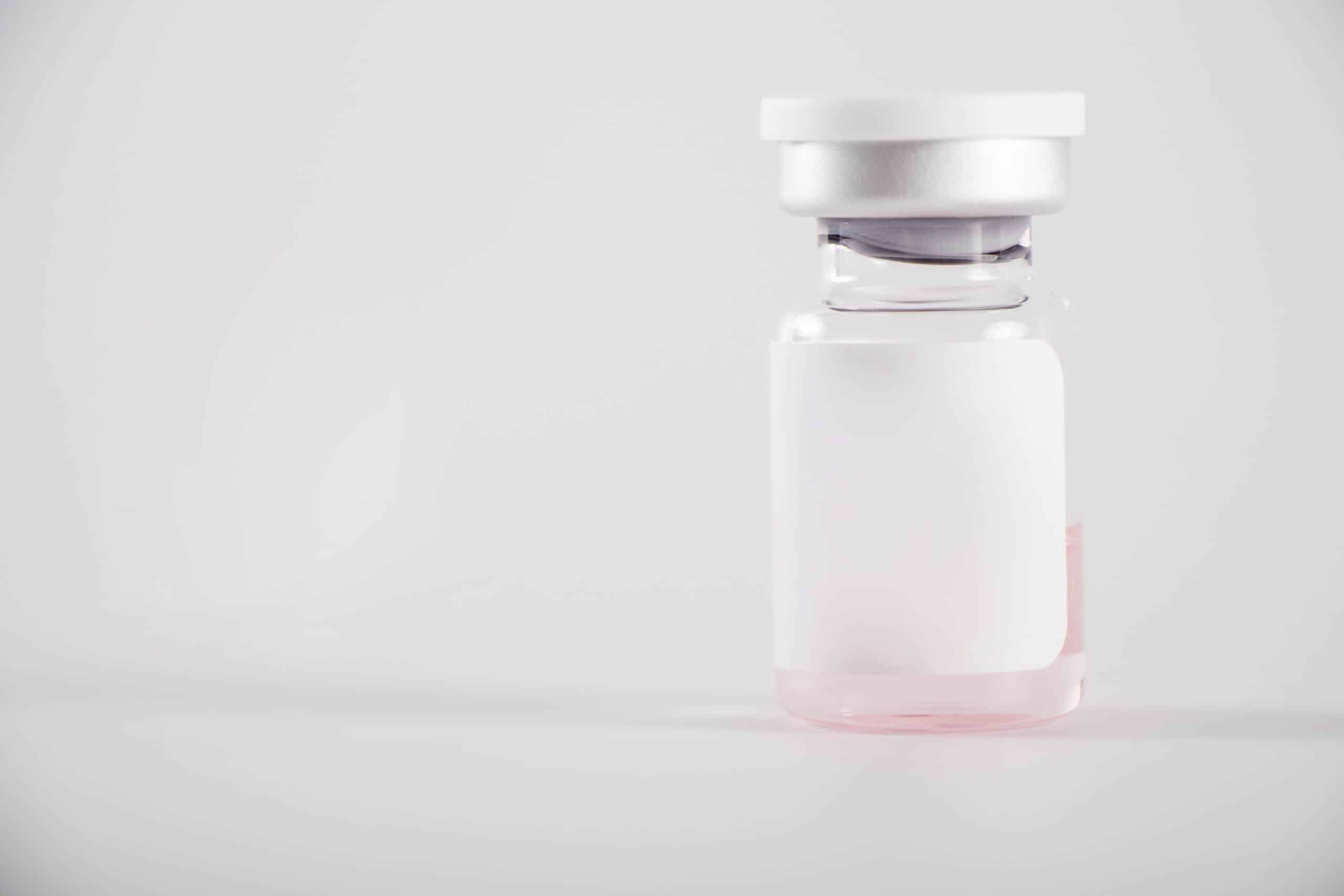
Can Botox Treat Depression? Here’s the Science
- March 22, 2024


If you only thought of Botox as a cosmetic solution for wrinkles, you’d be surprised that its role extends beyond aesthetics. While its use in medical applications such as muscle spasms, chronic migraines and excessive sweating is known, its potential impact on mood disorders was only uncovered recently.
This revelation offers hope for those struggling with depression and anxiety.
Botox is known for its ability to temporarily inhibit nerve signals to the muscles, preventing wrinkles caused by facial expressions from forming. Over time, the skin gets a lot smoother.
Botox is usually applied to smooth the following areas.
For patients with an enlarged jawline due to overactivity at the masseter (mostly from clenching or grinding), masseter botox can be injected for a slimmer face.
Also Read: Uses of Botox in Singapore
Botox has also been used for medical purposes. It can treat:
Recent research uncovered Botox’s positive impact on emotional processing and mood disorders by restricting facial muscle movements in the glabellar region.
Botox may help with mental health challenges by affecting how our facial muscles and emotions are connected. When we’re upset, specific muscles in the area between our eyebrows contract, causing frown lines. Botox injected in this area will temporarily relax the muscles.
This process is linked to the fact that our facial expressions and emotions influence each other. Using Botox to ease muscle activity in the “frown” area might lessen the intensity of negative emotions. Some studies suggest that Botox injections in this region can positively impact mood and even reduce symptoms of depression and borderline personality disorder.
Botox’s effects last for a few months, requiring less frequent injections. The treatment has also been tolerated well.
Serotonin and dopamine are neurotransmitters, chemical messengers in the brain responsible for mood regulation. Serotonin is known as the “feel-good” neurotransmitter. It contributes to feelings of well-being, happiness, and relaxation.
Ideal serotonin levels are associated with a positive mood and emotional balance, while low serotonin levels have been linked to depression and anxiety.
Dopamine is integral to the brain’s reward system. It is responsible for motivation, pleasure, and reinforcement of rewarding behaviours. Balanced dopamine levels contribute to a stable and positive mood, whereas imbalances in dopamine can signal mood disorders.
Botox has been shown to increase serotonin levels, even in small doses. This rise in serotonin can regulate the uptake of existing serotonin and dopamine.
Depression can present in several ways, and its symptoms can vary from person to person. If you experience the following signs for an extended period and they significantly impact daily life, seeking mental health support is essential for accurate diagnosis and effective treatment:
While the existing literature on Botox in Singapore as a treatment for depression and anxiety is hopeful, further research is needed. If you are thinking about using Botox for mental health reasons, it’s best to talk to a healthcare professional for personalised advice.
For more information on Botox and its application for mental health conditions, please get in touch with us.
Like what you read? Share them!